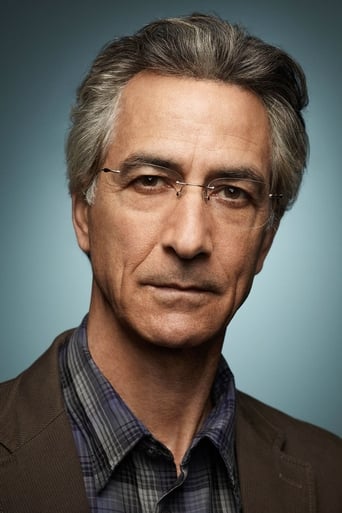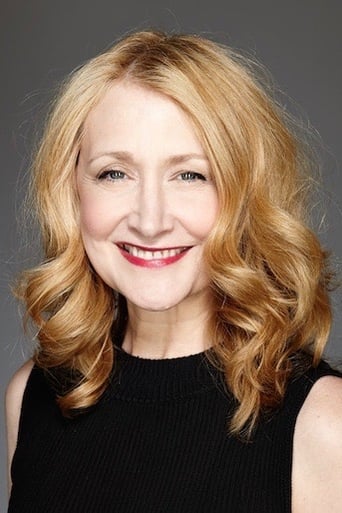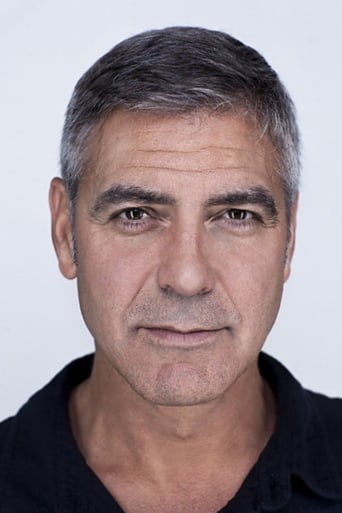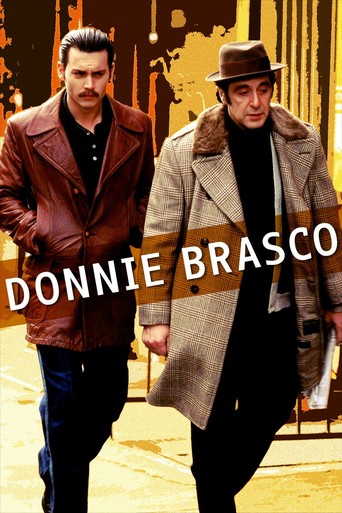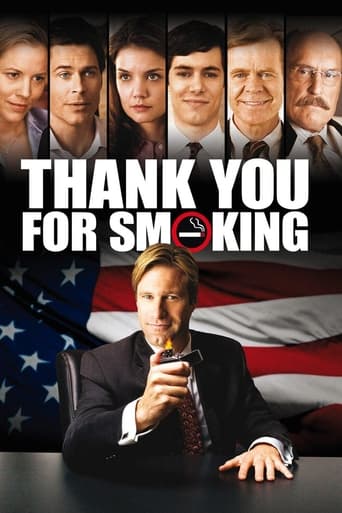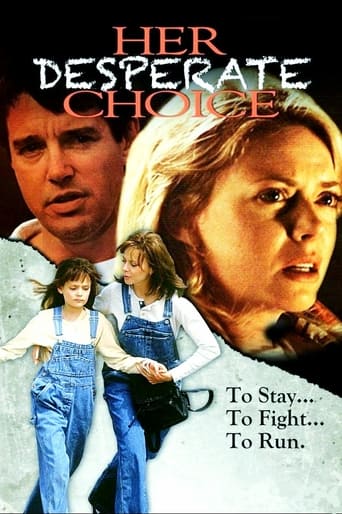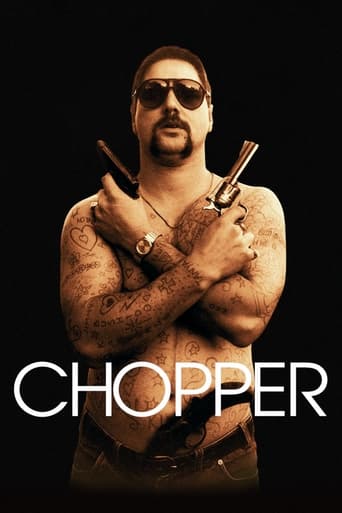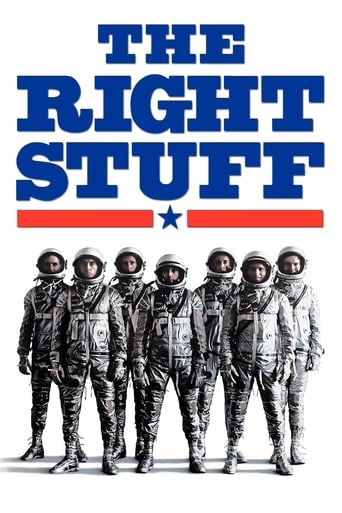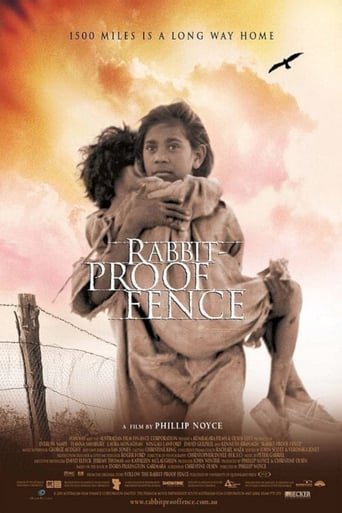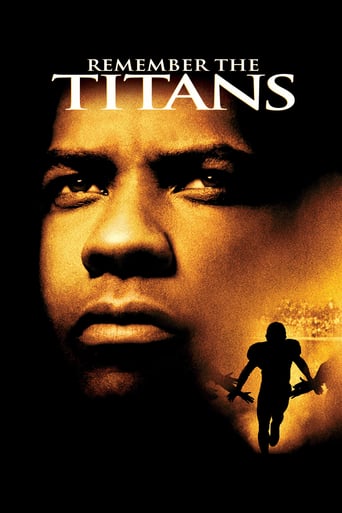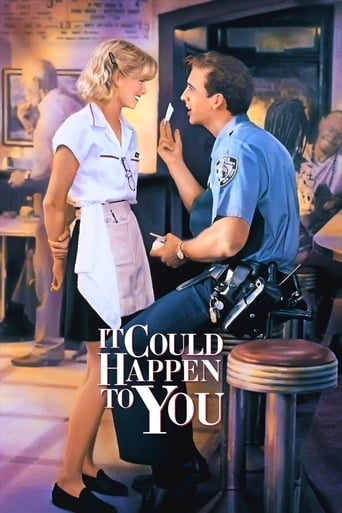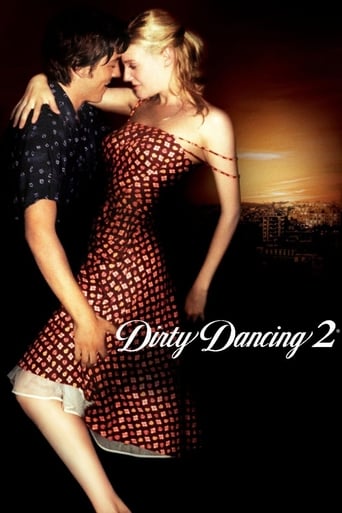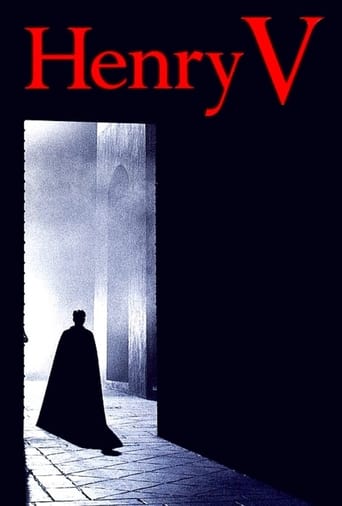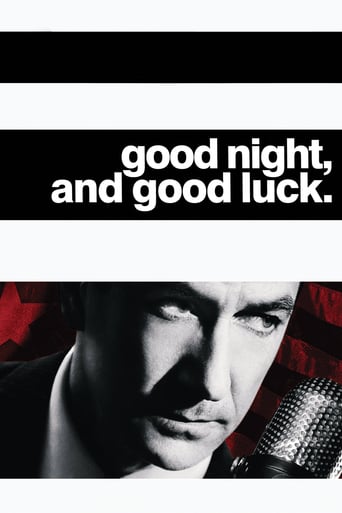
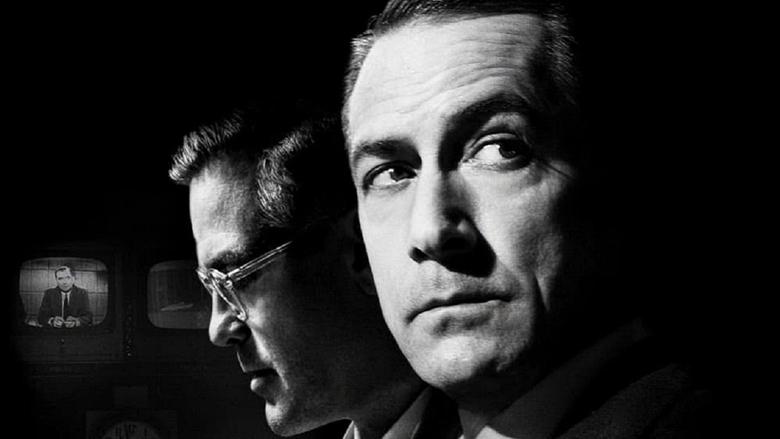
Good Night, and Good Luck. (2005)
The story of journalist Edward R. Murrow's stand against Senator Joseph McCarthy's anti-communist witch-hunts in the early 1950s.
Watch Trailer
Cast


Similar titles
Reviews
In the middle of the 50's, McCarthyism reached the heights of fear and terror. It appears that it is partly due to the personality of Senator McCarthy and lines of questioning that confined to bullying and intimidation at the expense of legal procedures. Being submitted to the HUAC could make you as communist as Stalin, so no one dared to criticize McCarthy for individual safety's sake. Terror and fear were the vital components of McCarthyism, a shameful time of America's history, that was close enough to repeat itself in the 2000's for that's the way history punishes those who forget their lessons.And the main lesson we can grasp from George Clooney's "Good Night, and Good Luck" is that you can't fool everyone every time. McCarthyism crossed a few boundaries, notably when the Air Force threatened to expel a soldier if he didn't denounce his father and sister, suspected of communist inclination on the basis of revelations sealed in an envelope. So CBS 'Person to Person' host Edward Murrow (David Strathairn) felt it was time to confront the dubious methods of the Commission. This was a time where television was the new medium and Murrow was a man of no-nonsense rigid face and unflinching cigarette perfectly exuding unflappable professionalism. Strathairn gives the performance of a lifetime as a journalist who's confident, sometimes overly, but who's a pro to the core, he only consider facts and can't accept that lives would be destroyed without any substantial proof.And Murrow isn't a lone crusader for he finds support from his colleagues, his co-producer Fred Friendly (George Clooney), the CBS news executive (Jeff Daniels) and chief executive (Frank Langella). If anything, "Good Night, and Good Luck" praises the merit of team working and the solidarity driven by decency and principles. There's a moment where (before attacking McCarthy), Friendly asks the team if any of them can be accused of Communist sympathy even in the loosest way. The conclusion of this scene says it all "terror is right there in this room" and the scare of the moment was enough a reason to walk the walk. The paranoia is even induced by an interesting subplot involving Robert Downey Jr. and Patricia Clarkson, as two workers of very strange behavior, until we realize the purpose this subplot served: highlighting our own paranoia.George Clooney's retelling of the pivotal moment where America rebelled against McCarthy through the figure of Ed Murrow carries the mark of the 50's, it has a great black and white cinematography, a lot of smoking and the use of real footage of senator McCarthy complete the touch of authenticity. But the film is also a timely reminder of the value of good and honest information, it says a lot about the 50's but speaks volumes for the 2000's. Clooney has always been vocal about human rights and democracy. By choosing to tackle this subject, he reminded the audience that America has been through this, and September 11 instated a Green Scare that had nothing to envy from McCarthyism. And from the Patriot Act, it became clear that you had no other choice than proving loyalty to the flag or you were deemed as a traitor. But a good American beyond any reproach had the guts to destabilize McCarthy in the 50's, by doing his job.And "Good Night, and Good Luck" with a meticulous precision shows how the job is done, the meetings, the way they all pick quotations for McCarthy and deconstruct them. Murrow criticizes the Senator but invites him to give any refutation or correction. McCarthy's defense is to accuse Murrow of Communist sympathy. I thought that was the 'dramatic' moment where Murrow would finally take a hit. No, Murrow's next statement was nothing but brilliant. Since McCarthy didn't make any reference to all the statements made, that means he found no mistake. That's the power of Murrow, he doesn't flinch and his professionalism, empowers everyone around and it's a matter of time before McCarthy gets destabilized with the infamous "have you go no decency?", when brave people, without showing sympathy to Communism echoed this famous line of Sir Thomas More: "I would give the devil the benefit of the Law, for my own safety".It's not about McCarthy but Law.The downfall of McCarthy is a victory for Murrow but of bittersweet taste because the program will not be renewed, for lack of sponsors. And that might be another of the great lessons from such a short yet complex film. Like many movies about the 50's, ads play a significant part on TV, "Quiz Show" had Geritol, here we have Kent cigarettes and Alcoa, and as a buff of TV game shows like "What's my Line" I know that TV couldn't survive without it. So, the film rises the most important issue, one that works as a bridge between the 50's and now: if people have money to sponsors shows, if they can threaten a show to be canceled then information obviously belongs to the sponsor. It's as simple as that, and in a context of globalization, this reality gets even scarier..The movie ends with a warning, that if we take TV as just a medium for entertainment and not information, then we'll be alienated candidates for mediocrity. One can argue that Internet provided an alternative, but in a way, it also alienated us a little more and too many information are harder to control and verify so anything can be build on rumors and falsehoods. If McCarthy could use the Internet, maybe more lives might have been destroyed, he might have as well become president or someone like him.But that's a prophetic aspect of Clooney's film I don't want to venture into, it depressed me to the point I envy anyone leaving this ugly world, and if it ever happened to me, I would be tempted to tell those I love; "good night and good luck".
It's fun to entertain the thought of what modern movies will be seen as "Classics" years from now. And I'm not just talking' about the Top 250, I'm talking about movies that go into the National Archives as "Culturally significant". And while, I don't think this'll get that far, it'll certainly be regarded as a classic. It presents a problem that is still pretty prevalent in today's media. People can become passive receivers because they can just take information at face value instead of investigating. I don't watch American news anymore, and I haven't for three years now. But this movie's not about watching American media, it's about challenging controversy and rolling with the punches. I love movies like this and "Spotlight" that show how journalism can be used for good, not divide people further. The film even presents it point of view without shoving it down your throat. It's not about politics, it's about persevering and challenging what you believe isn't right, but doing it in an appropriate manner.
I was alive in the early 1950s. And, as far as I remember, life was still in color. So why is this movie in black and white? Well, the artsy fartsies would probably say it brings reality to the story. Really? Because in reality, televisions -- like motion pictures -- at the time were at 1.33:1, not 1.85:1. The CBS studios were in completely separate locations, not in the same building. So from the perspective of making things "real", this film doesn't really do that.Now, not criticizing the film, but reality. In the discussion between William S. Paley and Edward R. Murrow in the film, the issue is the truth about Eugene McCarthy. But it occurred to me that Murrow didn't care so much about revealing the truth about...Liberace when he apparently knew he was being dishonest in an interview.In some ways, it must have been an easy film to write. Many scenes are verbatim from Edward R. Murrow's television broadcasts. Of course, putting them all together in an interesting sequence was important. I question the opening scenes of the film...boring.The acting in the film is excellent...I think. I'm not sure any actor could have truly captured the essence of Murrow, but David Strathairn, a superb actor, did about as well as anyone could have. Everyone else is secondary, and it's difficult for us to judge their performances since we don't know much about the real people they represented. However, it seems good.Of course, the film got rave reviews, which is pretty typical of films that deal with the McCarthy topic. It's certainly not a new topic, but it's a story that must be told over and over because there are always demagogs like Murrow, and they always seem to be conservatives who wish to restrict personal freedoms.But, as I watched the film, I sensed a lot of self-congratulations on the part of the media. Aren't "we" wonderful! Well, yes. But, sometimes no.Finally, I'm just curious. Did anyone at CBS not smoke?
This wordy and worthy film is a homage to veteran CBS newscaster Edward R. Murrow who dared to challenge the hysterical campaign of Senator Joseph McCarthy to find Communist sympathisers in every corner of the post-war American establishment. David Strathairn is wonderful as the fearlessly independent TV presenter who would sign off his pieces with the phrase "Good Night, And Good Luck".The black and white treatment and the close-up camera-work make this look like a documentary and indeed a good deal of film footage from the time is used which adds to the effect. Such an uncommercial movie could not have been made without George Clooney who directed, co-wrote and stars as Murrow's producer Fred W Friendly. The whole thing was made for a mere $7M.Other well-known actors contributed to this political statement that television has to be about more than entertainment and advertisers: Robert Downey Jr, Frank Langella, and Jeff Daniels (who some years later headed the cast of "The Newsroom", a TV series inspired by the spirit of Murrow).


